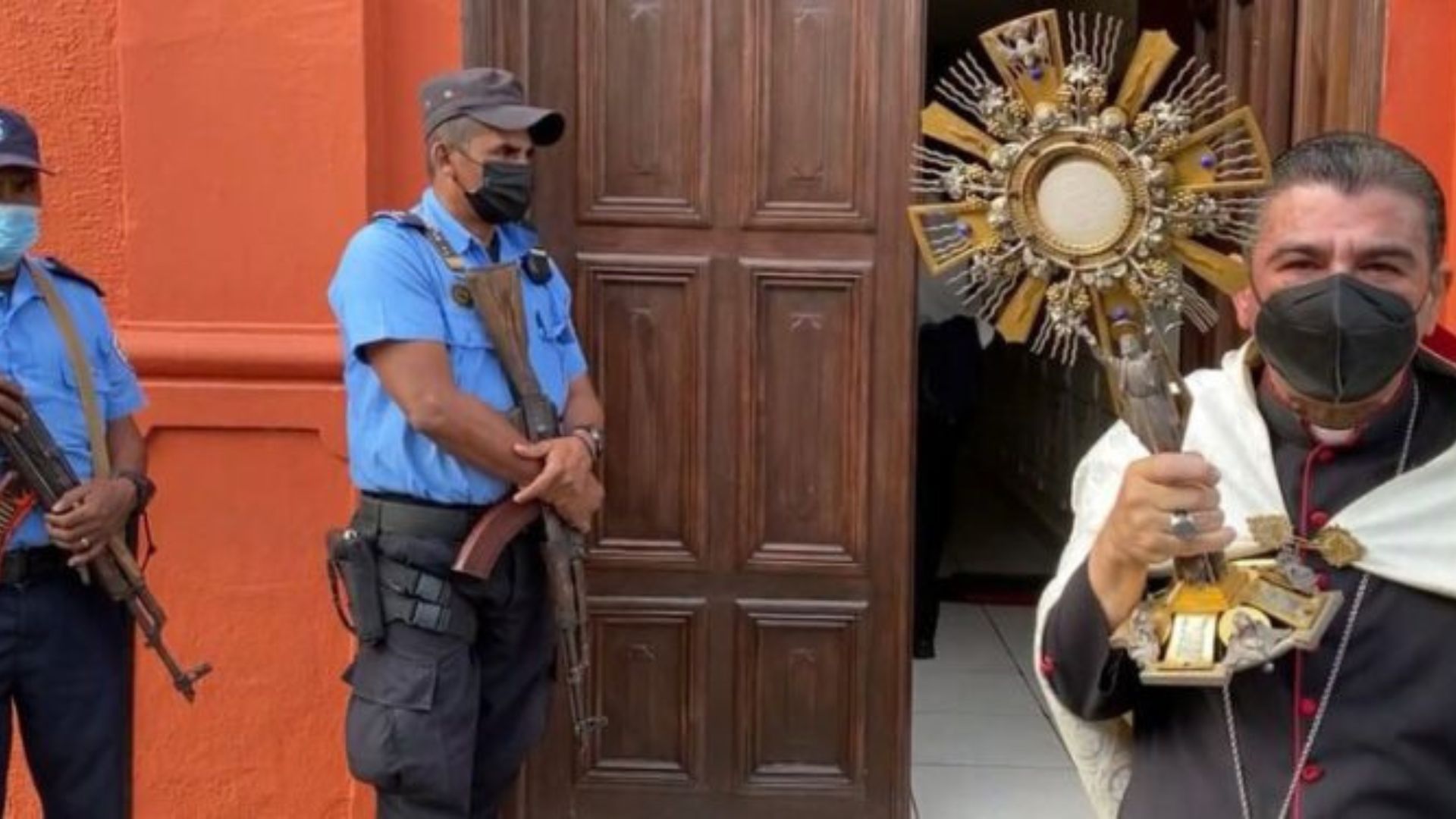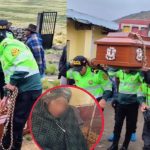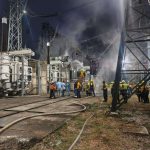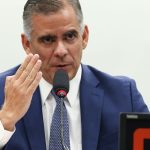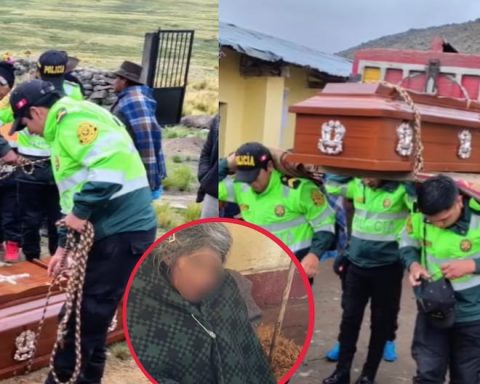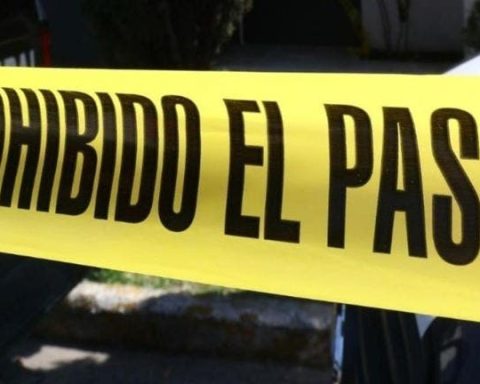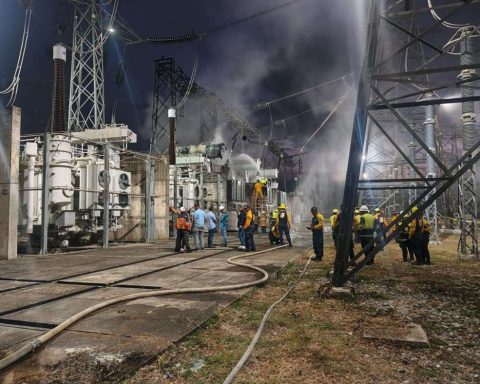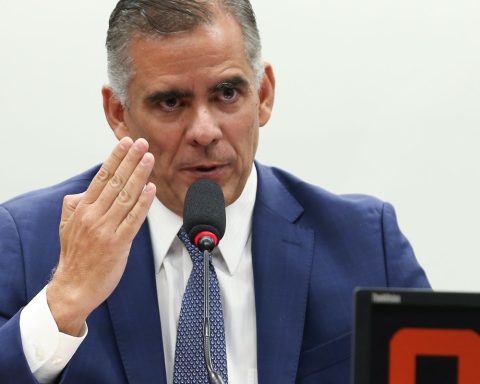The International Alliance for Religious Freedom or Belief (IRFBA) expressed concern on Friday about Nicaragua’s continued non-compliance with its international human rights obligations, including freedom of religion or belief.
The organization, made up of 37 countries, condemned the “hostility, discrimination and persecution in Nicaragua, specifically those related to the Catholic Church.”
His complaint cited that in less than four years the Catholic Church has been the object of 190 attacks there, including the fire in the Managua cathedral in August 2020 or police harassment against bishops and priests, according to NGO reports.
The statement specifically recalled the situation of Bishop Rolando Álvarez, who is under house arrest.
Related news: They criticize at the international level the violation of religious freedom in Nicaragua
Various voices from Nicaragua denounced that President Daniel Ortega is instrumentalizing migration as a “political and blackmail weapon” against the United States, after the dictator blamed the North American country for the massive migration of Venezuelans and Cubans.
According to Ortega, the exodus is due to Washington’s sanctions against these regimes by closing off job opportunities for their inhabitants.
The statements were made during the 43rd anniversary ceremony of the Ministry of the Interior, held on Thursday, after the Joe Biden government applied new restrictions to his regime.
Former ambassador Arturo McFields reacted to Ortega’s statements by denouncing that “the Nicaraguan dictatorship is causing, encouraging and, perhaps, sponsoring the growing and disproportionate migration to the north.”
Nicaragua, Cuba and Venezuela are in the last places in the new Chapultepec Index 2022 ranking on press freedom that was presented this Friday at the 78th General Assembly of the Inter American Press Association (SIP) in Madrid together with the Andrés Bello Catholic University of Venezuela (UCAB).
Related news: Regime prohibits procession to San Judas Tadeo in Condega
Nicaragua, Venezuela and Cuba are in positions 22, 21 and 20 respectively and are the only ones that fall within the category of countries “without freedom of expression”.
These three countries are also the only ones with three of the four dimensions that are taken into account with the worst results: informed citizens free to express themselves, the practice of journalism, violence and impunity, and government control of the media.
The political prisoners held captive for more than a year in the Directorate of Judicial Assistance (DAJ), known as “El Nuevo Chipote” in Managua, completed 63 days this Friday of not receiving family visits.
The last time they were seen by their relatives was between August 26 and 28, when relatives reiterated their concern about the physical deterioration of those incarcerated. To date, the situation of the inmates who went on a hunger strike in protest of respect for their human rights is unknown, so their relatives claim to be able to visit them as established by law.
Related news: Daughter of Juan Lorenzo Holmann: “We fear that he will die confined in the cells of El Chipote despite his innocence”
The mining company Condor Gold assured that it is “unlikely” that its operations in Nicaragua will be affected after the sanctions of the United States Treasury Department on the country’s mining industry.
The company announced through a statement that “it owns 100% of the 587 square kilometer La India Project, and has no commercial arrangements with the Government of Nicaragua or with artisanal miners.”
Along these same lines, Caliber Mining, the main mining company in the national territory, previously stated that the US government’s measure will not have “a material impact on its operations.”
